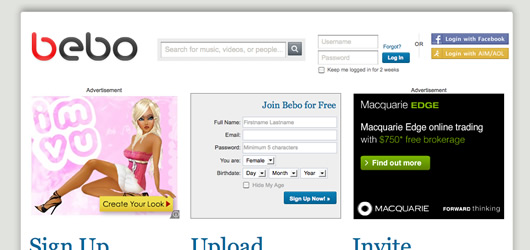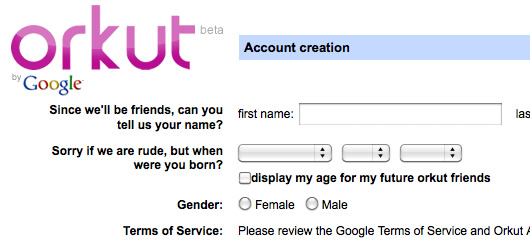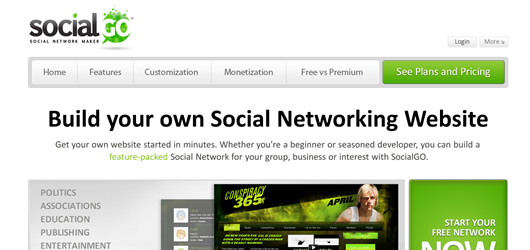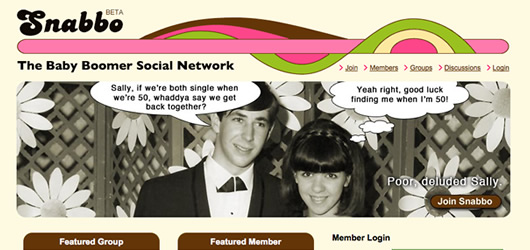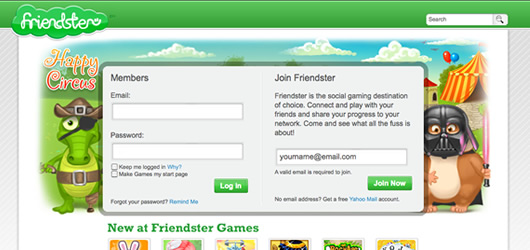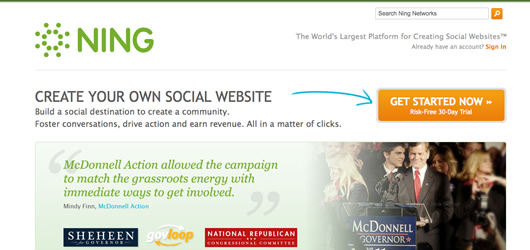What would you use if facebook didn’t exist
Facebook is under great criticism regarding its privacy issue, many big companies have quit Facebook as of protest. Despite of the criticism it is hard for many to actually quit social network. Many don’t have an idea about what can be the best alternative. I am today going to give your curiosity a little help by providing some interesting alternatives to Facebook that can help you connect with.
1. Diaspora
Diaspora is an open and distributed social network, where totally separate computers connect to each other directly. These computers are called ‘seeds’. A seed is owned by you, hosted by you, or on a rented server. Once it has been set up, the seed will accumulate all of your information. We’ve put together an overview of what Diaspora has got now and where it’s likely to go in the future.
2. Bebo
Bebo Launched in July 2005. Bebo is one of the most popular social network site in the UK and surrounding areas. The site allows users (who are predominantly ages 16-24) to set up profiles through which they can share photos and interests in movies, music, and sports.. Bebo is one of the few social networking sites that defaults your profile to private, a welcome feature for those looking to break out from Face book’s anti-privacy hands. With AOL Bebo seems to grow popularity in US as well
3. Web Network
If you want to start your own social networking community site with pictures, videos, music, profiles, events, and more, web network justifies it all. Being based in templates the software provides you with ground where you can change the look and feel of the site to make it stand out from the crowd. The best part is it runs on your own server. So you can make the social network your primary site, or part of your existing site. On the other hand if you already have a site and you’d like to add some interactive and community based features, adding a social aspect using web Network is a great way to do it.
4. Orkut
Orkut, from Google,has already taken away the market in countries like Brazil and India. It might not be a perfect substitute for facebook as its networking feature are not in depth but its privacy controls may be welcoming to some, giving users finer control and the ability to block users, report spam, etc. This platform requires a Gmail Google account, which many people already have it.
5. SocialGo
This platform is a decentralize platform where anyone can quickly and easily create a fully functioning online social network, with features and functionality similar to Myspace or Facebook . With SocialGO you have complete data ownership & control including content and network API, which is buzzing the social networking industry.As you have ownership over your network you can customize it with HTML, Javascript Flash and other source code anywhere in the network. SocialGO’s premium user created network is priced for everyone at $25/monthasYou get everything with social go although there is an entry-level free network option.
6. Snabbo
SNABBO is a free-to-use social networking website created expressly for the Baby Boomer generation. Snabbo offers members opportunities to explore a wide variety of shared interests through features like Groups, Blogs and Discussions. Snabbo has an easy-to-use Photo Album that can help members create, organize and share pictures Data’s indicate that Baby Boomers are the fastest growing online population. The more information members provide about their past, the more likely someone can rediscover them.In order to address the privacy concerns of their members.
7. Friendster
Friendster Like Facebook has quite a few great applications you can add to your profile, ranging from chat room apps to syncing with your iTunes library. Friendster’s privacy is also more limited than what you’ll find with Facebook. Thought Friendster’s design doesn’t really compare to Facebook, it still offers many of the typical features you’d expect. It has gain popularity in Asia and in the United States.
8. Ning
Yet another social networking hat gives liberty to the people by allowing people to create their own social networks. The best part is yes you can use your innovation to create your interest network; Ning gives you more control over your social network.


